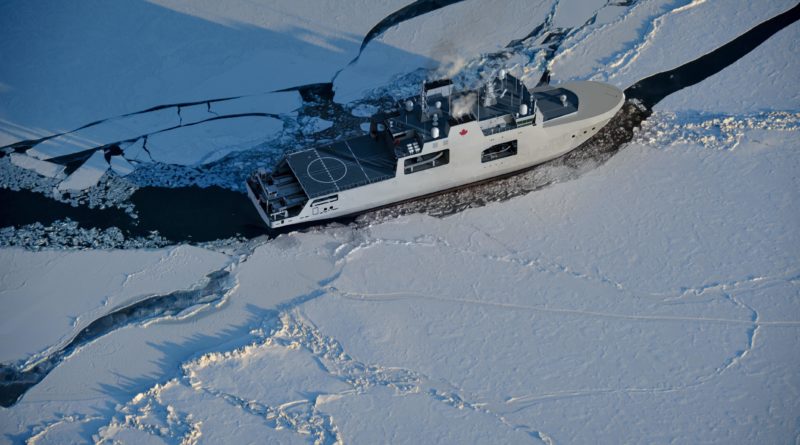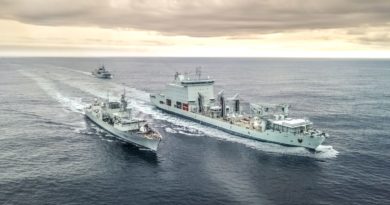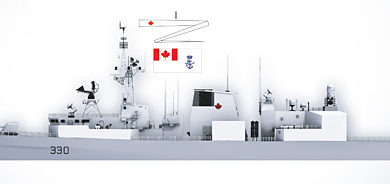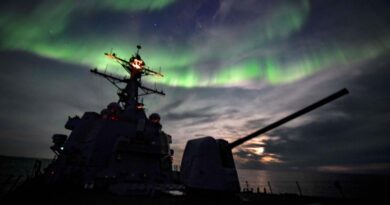Canadian Ocean Science and the Role of AOPS
Presentation by Jim Hanlon, Chief Executive Officer, Centre for Ocean Ventures & Entrepreneurship, made by video-conference to RUSI(NS) and guests 10 May 2020.
Canada possesses the longest ocean coastline in the world and the seventh largest exclusive economic zone. Much of our ocean territory is in regions with very low coastal population density and sparse infrastructure. Basic ocean information is only available for select small regions of Canada’s ocean territory. Our understanding of the currents, thermodynamics and chemical fluxes that drive weather and the biological resources of our ocean is limited and often just based on model extrapolations from very limited measurements in time and space. Canada’s ocean territory is poorly understood.
Canada does have a small fleet of ocean science vessels operated by the Canadian Coast Guard that supports the ocean science programs of Fisheries and Oceans Canada. That is supplemented by university research programs, by privately chartered vessels and by collaborative use of other nations’ ocean research vessels. That is not enough. In order to dramatically improve our understanding of Canada’s ocean to sustainably conduct ocean commerce, we need to consider a more wholistic ‘all of government’ approach.
The Royal Canadian Navy’s (RCN) soon-to-be-commissioned vessels from the Arctic and Offshore Patrol Ship (AOPS) project provides an excellent platform to allow the collection of significant amounts of valuable ocean data, often without compromising other missions. Much of the oceanographic equipment now being deployed in the world is small, modular and increasingly autonomous, meaning that it can be on-boarded on a multi-role vessel like AOPS with minimal impact on ship’s systems, crewing or routing. Further, the use of RCN assets to collect important ocean data would positively complement and enhance the mandate of the RCN by increasing the overall “ocean data collection days” of the country. This would not be instead of the use of current Fisheries and Oceans assets, but rather in addition.
This presentation highlighted the gaps in Canada’s ocean understanding and illustrated the kinds of ocean science that can readily be conducted from AOPS.
A PDF of the presentation slides is available here.




